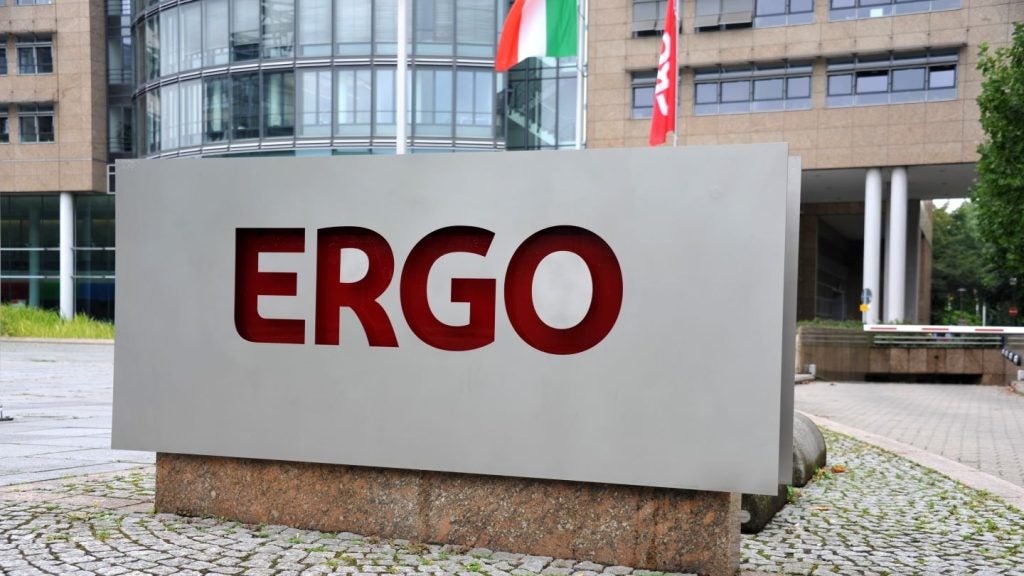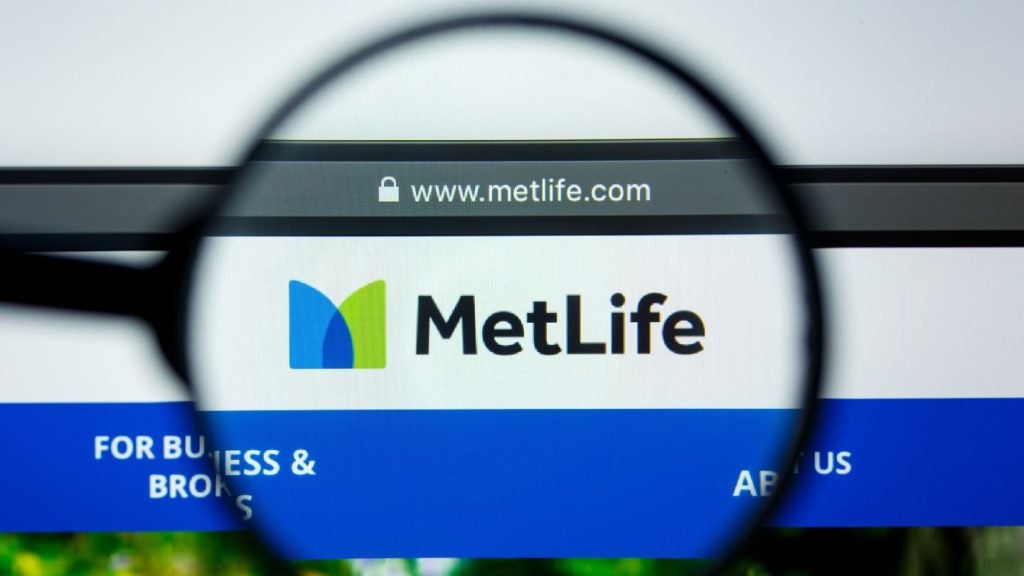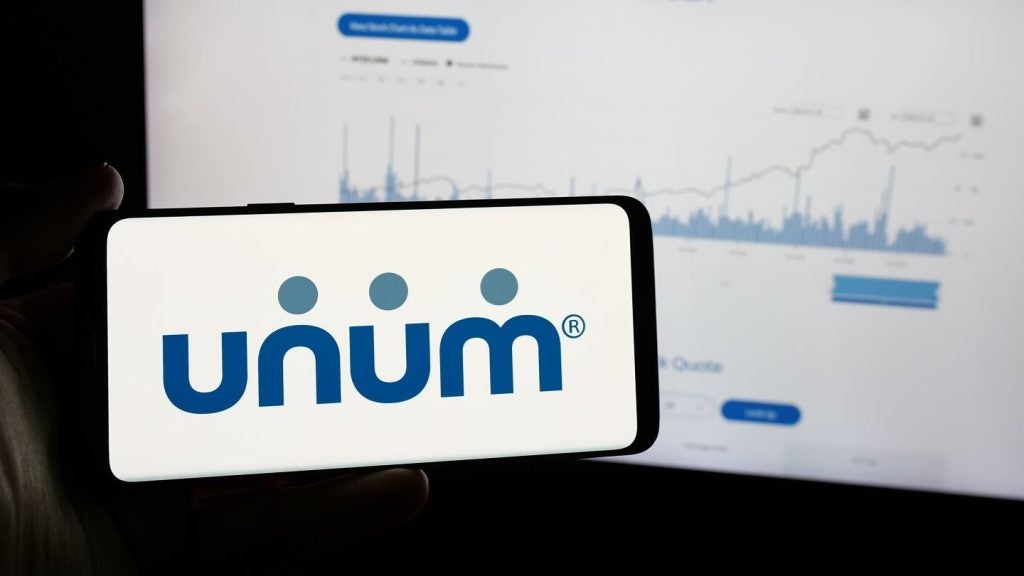In the current economic climate, dematerialisation of
documents stands out as an innovative solution to assist insurers
and other large companies reduce costs. Cryptolog’s Marie Wattez
provides insight into the document dematerialisation process and
industry trends towards eliminating the great
paperchase.
Today, insurers, banks and other
companies where documentation plays a key role are becoming
increasingly frustrated by the paper-based, labour-intensive
processes that exist for simple instructions such as applying for
new products or opening an account.
Dematerialising documents provides
the solution and one that holds significant cost-reduction
potential. However, despite this, dematerialisation of legally
binding documents still remains far from widespread.
Traditional sales processes based
on the signing of paper documents pose many common problems,
notably the multitude of activities that must be performed by both
the salesperson and the back-office. In addition, the numerous
information flows between the back-office and the point of sale
(POS) must be taken into account, not to mention the increased
margin of error when filling in the contract or checking
identification documents.
Considering the volumes of paper
contracts in question – which can amount to up to several million a
year for a large company – archiving is also a major concern
especially in terms of conservation regulations and storage surface
requirements. And again, archiving requires manual handling, hence
an increased risk of error.

US Tariffs are shifting - will you react or anticipate?
Don’t let policy changes catch you off guard. Stay proactive with real-time data and expert analysis.
By GlobalDataSubstantial
cost
Handling paper has a substantial
cost and according to Cryptolog’s own
approximate estimates the cost of processing paper contracts at a
point of sale cost between €5 ($7) and €20 per unit. This includes
the cost of paper and ink, the cost of transmission (transport),
the cost of manual validation of contract data and the cost of
archiving.
Despite the evident potential
savings, very few dematerialisation projects involving paper
contracts are implemented.
The dematerialisation of legally
binding documents has a number of constraints and requirements
which can explain why most organisations are still dubious about
the implementation of large-scale projects relating to their signed
documents.
Most European legislation
stipulates that only original documents can be archived. Generally
speaking, if an organisation wants to dematerialise its paper
processes, it cannot issue a paper document and transform it into
an electronic format after signature. If the archived signed
documents are electronic then the original signed documents must be
electronic.
To understand the challenge posed
by the dematerialisation of signed documents, it is important to
distinguish between electronic and scanned signature. The legal
value of a scanned signature is unclear as the binding between the
signature and the document is thin. The image of a scanned
signature can be easily inserted into another document. The main
characteristic of electronic signature is the fact that it requires
a digital certificate, i.e. a digital identity for the
end-user.
Electronic signature is not
particularly complicated but it requires a substantial
infrastructure, and at present for this reason it is easier for
large scale projects to implement industrial electronic signature.
This infrastructure a number of elementary building blocks:
• A public key
infrastructure (PKI): to distribute signing keys and
certificates;
• A digital signature
creation device: to store the user private keys, typically
a smartcard;
• An electronic signature
creation application: to be able to actually interact with
the end user;
• A time stamping
service: to provide non-repudiation of signatures;
• A signature validation
application: to validate the signature and verify that the
document has not been modified since that particular moment;
and
• A signature preservation
application: to enable long term re-validation of the
signature.
Most of these building blocks are
technical and fairly easily to integrate. However, one particular
operation is of critical importance: the enrolment of the
certificate recipient. This operation is usually fulfilled by the
registration authority of a PKI, and essentially consists in
verifying the real-world identity of a user in order to transpose
it in the digital world. It often requires a face to face meeting,
in order to fulfil legal constraints.
In a typical scenario, a user would
first interact with a PKI operator to obtain a key and a
certificate stored on a signature creation device, and then use
them to engage in legally binding signatures with other entities.
From a POS perspective, this is naturally impractical, unless all
potential customers entering the POS are already equipped with
compatible signature devices.
Simple
solution
A simple yet effective solution is
to leverage the golden ‘know your customers’ rule commonly used
prior to signing any legally binding contract. Indeed, a number of
face to face verifications on customers’ identities are performed
in such situations. Why not use them to deliver an electronic
certificate?
By combining the validation of the
customer identity for internal uses, the issuance of a certificate
and the electronic signature of the contract, it is possible to
provide the customer with a seamless experience and to
dematerialise signed documents in a legally safe way. And, as an
added bonus, the keys and certificates may be reused to provide
value-added services later.
In France, one of the country’s
leading mobile phone operators has implemented such a process, with
a pilot project initiated at two POS in April 2008. A specially
created device was designed specifically for this project: a
multi-purpose ePad style signature capture device is connected to
the central infrastructure. It features a magnetic stripe reader
able to capture data from most identification documents and a
tactile screen allowing the customer to visualise and sign the
contract.
The process takes place as
follows:
• Firstly, the customer contract
details are entered and the customer documents are scanned with the
reader.
• Next, the data captured from the
terminal is merged with the contract details such as type of
subscription and optional services and the contract is presented to
the customer on the screen.
• The customer then signs the
graphic terminal with a pen and a certified key pair (digital
certificate) is delivered.
• Finally, the customer signs the
contract with an electronic signature. The signed contract is then
immediately validated and archived and may be printed and/or sent
by email.
In addition to this process, the
private key can be stored on the chosen support and can therefore
be used for future operations.
This project won the French
Demat’Awards 2009. Entitled Dematerialisation of subscriptions
at points of sale, it was judged to be the best demonstrated
dematerialisation project by an independent jury of experts. The
first edition of the event was organised in April 2009 by European
information management industry body the Federation de l’ILM, du
Stockage et de l’Archivage.
Indeed, the excellent results of
the pilot project in terms of cost reduction, fraud reduction,
productivity improvement, security enforcement and customer
satisfaction will enable the mobile phone operator to deploy the
process over their entire network of sales outlets over the next
two years.
Within most sectors, signed
documents are not yet fully dematerialised because of signature
issues and the key point here is the problem of certificate
availability, issuance and acceptance. In any business-to-consumer
(BtoC) sector, at a POS, the physical presence of the customer can
be used to perform face-to-face registration, certificate issuance
and electronic signature simultaneously. There is no need for a
pre-existing certificate.
Strong market
trend
Ultimately, all this information
can be automatically added to the relevant IT system, just like the
subscription for a mobile phone.
Notably, there is a strong market
trend towards the mass dematerialisation of non-signed documents
throughout Europe and in France in particular. It is estimated that
by the end of 2010, 78 percent of companies’ documents and
in-coming correspondence will be dematerialised, as opposed to 43
percent at present.
A recent study carried out by a
French publication, Banque, estimated that 84 percent of
companies from within the French insurance and banking sectors had
opted for dematerialisation projects last year.
These projects were motivated by
many different factors: increasing productivity (87%), reducing
costs (57%), better control and follow up of activity (57 %),
offering new services to clients (57%), lowering archiving costs
(53%), making relations between different services smoother and
with sales departments in particular (50%).
Beyond France a similar trend is
emerging with three quarters of insurance company technology
executives recently surveyed by international insurance research
and consulting organisation Limra citing electronic business
processing solutions such as electronic signatures as a key area of
focus.
It becomes clear that a POS is
actually a very favourable environment for digital signatures and
this assertion opens up a wide range of possibilities for B2C
relationships. It is conceivable that, in the very near future, all
POS transactions will be electronic.
Marie Wattez, is communication
director of Cryptolog







